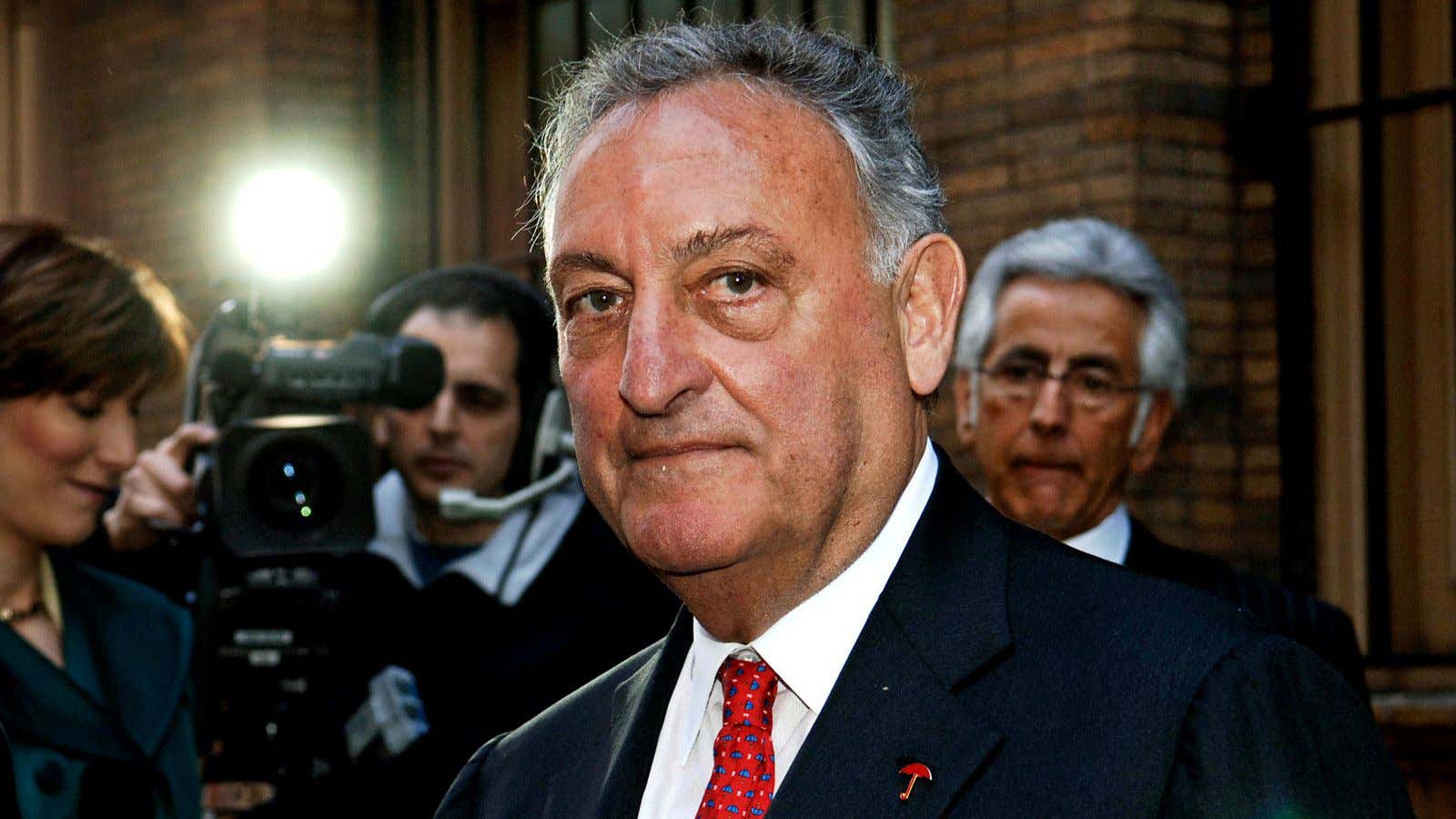Here’s one for the Too Big To Fail watch: Citigroup, the third largest bank in the United States, is spinning off its venerable sub-prime lender, One Main—the original vehicle for the Voltron-like assembly of financial firms the bank became at its height.
In the IPO, the bank is divesting itself of a risky $10 billion business (about 0.5% of its $1.9 trillion mostly debt-financed assets). One Main makes small consumer loans to people with poor credit histories, and while it is profitable today, it took major losses during the financial crisis. In 2009, became part of Citi’s “bad bank,” a collection of troubled loans the bank sequestered to better manage the losses.
Now that the lender is healthier, why is Citi getting rid of it? The Consumer Financial Protection Bureau, created by the post-crisis Dodd-Frank overhaul and inspired by financial reformer-turned-politician Elizabeth Warren, is making the company change the way it does business.
The CFPB is scrutinizing the practices of debt collection firms to ensure they are not abusive, making it harder for the lenders to recoup bad loans. The agency is also pushing to limit the practice of resolving disputes with customers through private arbitration between attorneys, and instead let grievances play out in public trials before juries, raising the company’s legal and public relations costs.
The sale vindicates advocates of the CFPB, who said its efforts to police consumer rights would help make large banks safer. and demanded its inclusion amid other efforts to improve financial stability, like requirements for more capital and less borrowing. But even Sandy Weill, who built Citi into a mega-bank, has changed his tune, and said banks need to be smaller.
One Main will now be financed by public investors, and will test the arguments of those who favor bank consolidation, fearing that sundered financial services firms will have a hard time raising capital, increasing the cost of credit for consumers. But what may be most important in the public’s mind is that One Main won’t be on the hook for a bailout—and the tax-payer insured deposits at Citi are no longer linked to an asset like subprime loans.
